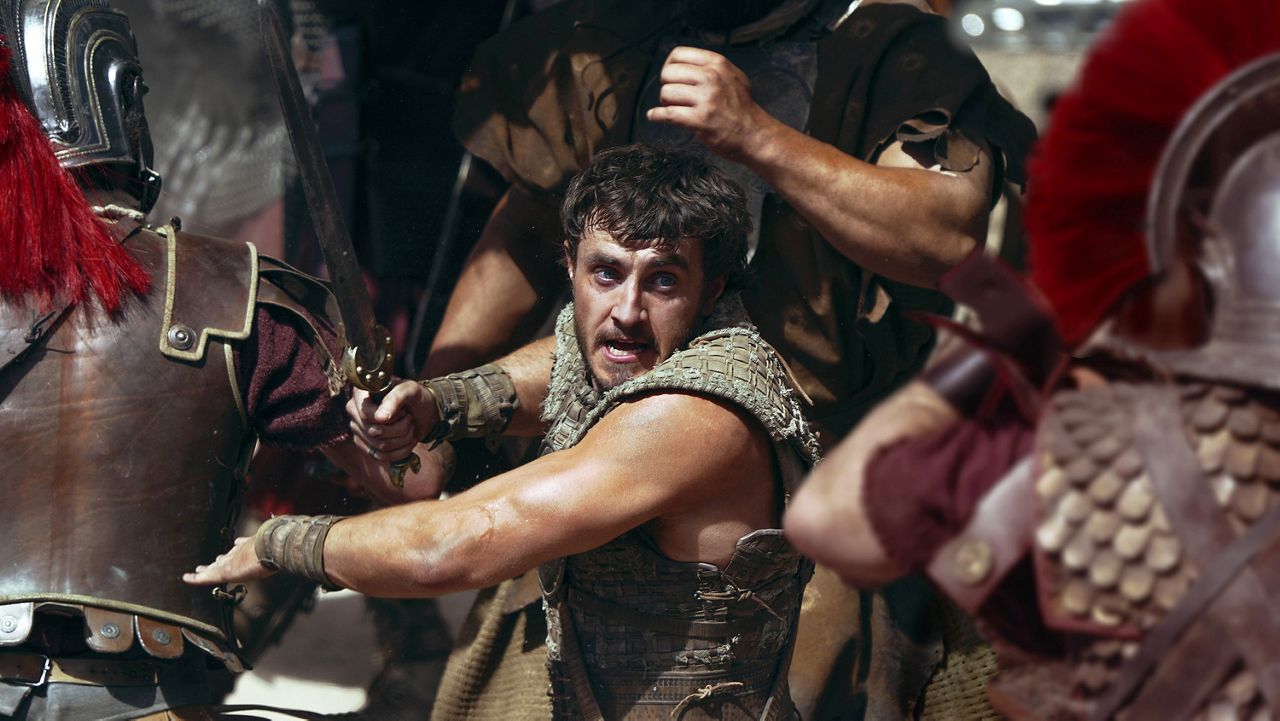World
Noah Lyles Is the World’s Fastest Man. Or Is He?

Noah Lyles won the men’s 100 meters at the 2024 Olympics in a photo finish, beating Jamaica’s Kishane Thompson by .005 seconds. It doesn’t matter that Lyles was only 0.03 seconds away from not even medaling; a victory in that event automatically gives one claim to the title of “fastest man in the world.”
Good thing Lyles won that race, since he was already anointing himself with the superlative before his win. “What’s up, Team USA? This is Noah Lyles, fastest man in the world,” Lyles said in a video from the opening ceremony that Team USA posted on social media. (In fairness, he won the 100 and 200 meters at the 2023 World Athletic Championships last summer.)
That phrase also comes with marketing benefits. Lyles has gained roughly 500,000 of his 1.4 million Instagram followers in the five days since his win. He told reporters after the race that he wants a signature shoe with Adidas.
But here’s the thing: Lyles didn’t actually run the fastest 100 meters at the Olympics. That was Botswana’s Letsile Tebogo, winner of the men’s 200 meters on Thursday. During that final, Tebogo ran the stretch from the 30-meter mark to the 130-meter mark in just 8.92 seconds, far under Lyles’ 100-meter final time of 9.79 seconds, and faster than Lyles’ fastest 100-meter stretch of the 200-meter race, which clocked in at 8.99 seconds.
In fact, every runner in that event posted a faster 100-meter segment than Lyles did in his full 100-meter final, and seven of the eight ran their last 100 meters in less than 9.79 seconds. Even the men’s 400-meter final featured no fewer than five runners who, at some point, covered the distance of 100 meters in less time than Lyles’s legendary sprint.
Team USA’s Gabby Thomas, who won gold in the women’s 200 meters, nearly caught Lyles as well, running the 30-meter to 130-meter segment of her 200-meter final in 9.98 seconds.
This, of course, is because runners in the 100 meters start stationary, and even the fastest in the world need a few steps to get up to full speed. The start is hugely important in the 100-meter event. The fastest and slowest reaction times to the gun in the men’s final were separated by 0.07 seconds, and the winning and eighth-place times for the race were only 0.12 seconds apart. Coming out of the blocks quickly was half the battle, at least.
Ironically, though, Lyles had the worst start of anyone in the 100-meter final field. His reaction time of 0.178 seconds was tied for the slowest, and he was 0.04 seconds behind seventh-place after just 10 meters. If not for his torso lean at the end, he would have lost due to that poor start.
What if there was a competition to crown the athlete who can sprint the fastest pure 100 meters, and not the fastest 100 meters when accounting for reaction time, push out of the blocks and quick acceleration?
Taking this train of thought even further, why 100 meters at all? It’s an arbitrary number in determining the title of “world’s fastest man.” The 60-meter sprint is a common indoor track event, and nobody covered the distance of 60 meters faster than Lyles, who traveled from the 40-meter mark to finish line in 5.03 seconds. Lyles traversed one 10-meter stretch in just 0.82 seconds, matching Usain Bolt’s fastest 10-meter split at the 2008 Olympics.
And who literally registered the fastest speed at any point during the race? Noah Lyles, at more than 27 miles per hour.
So maybe Lyles is the world’s fastest man. It all depends on how you define fastest.
U.S. sport climbing Olympian Sam Watson, who set the speed climbing world record at 4.74 seconds in Paris, has his own definition. “Obviously, Noah is an incredible athlete,” Watson told The Athletic. “But, I’m faster.”

.jpg)








